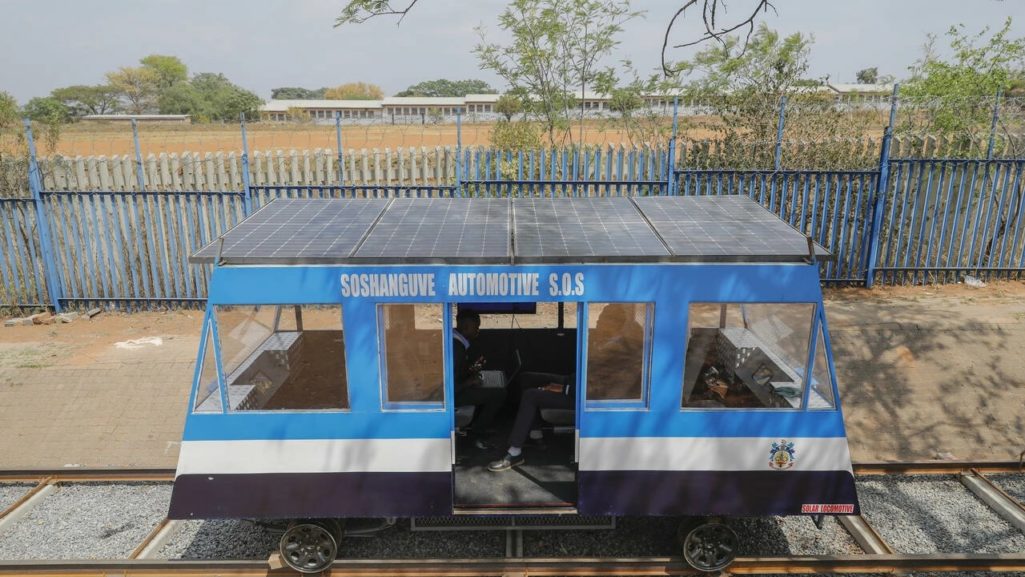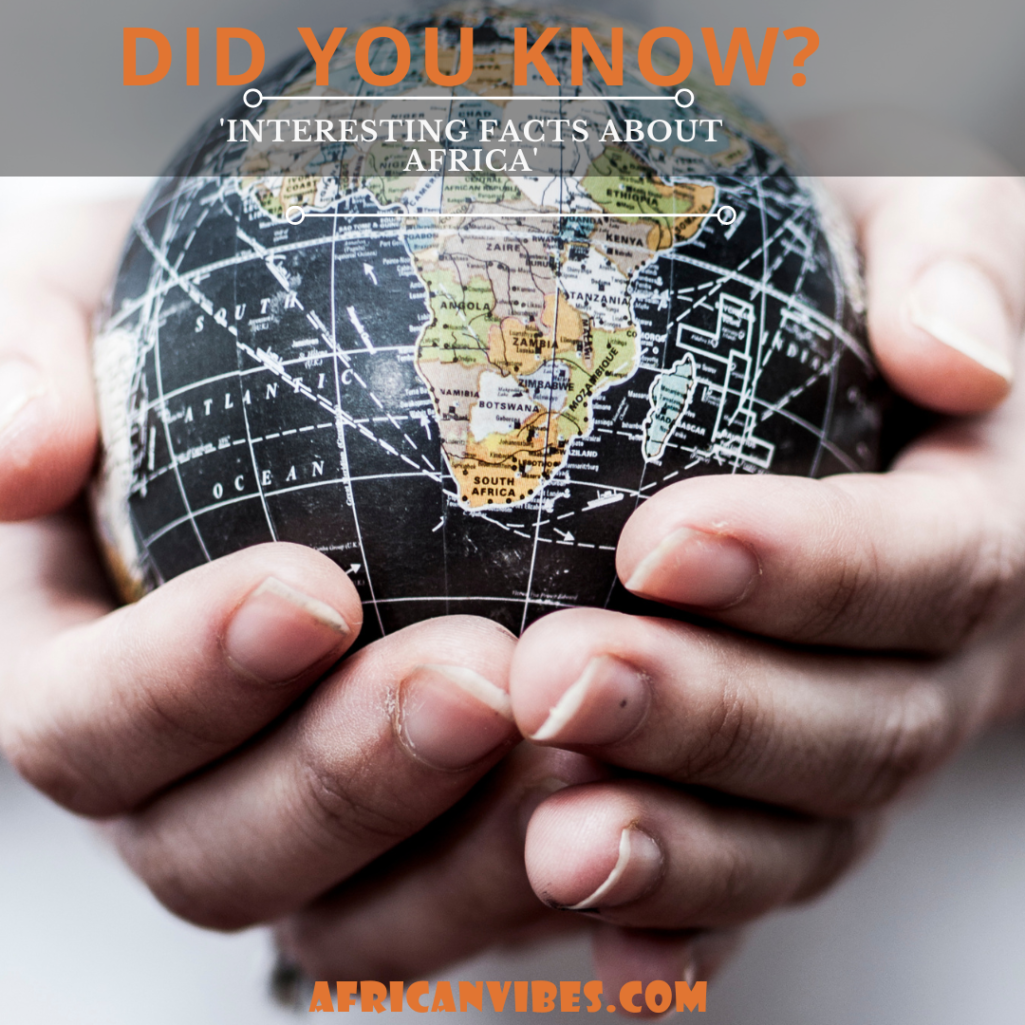South African Teens Built A Solar Train In 2 Years. See Why


Train is the cheapest means of transportation in South Africa. The working class and the poor rely on train services to navigate the township. However, a combination of cable thefts and power cuts leaves many commuters stranded in recent times.
To solve this problem, a group of 20 South African teenagers has developed a solar train which they hope will ensure efficient rail transport in the country. The prototype solar train has a roof covered with photovoltaic panels.
ALSO READ: Africa’s First High-Speed Train Hit A New Year Green Energy Milestone
Painted blue and white with “Soshanguve Automotive S.O.S” written on the side, the solar train prototype is under testing on an 18-meter-long test track built in Soshanguve township located north of Pretoria.
It took the teenagers and their supervisor Kgomotso Maimane 2 years to complete the prototype owing to a lack of funds. If their prototype solar train becomes a success and is scaled, it can revolutionize the train transport system in the country.
Challenges facing the South African train system

South Africa’s electric train system has suffered numerous setbacks in the last couple of years. The cables are often vandalized by criminals for illegal trade. Also, the state-owned power company Eskom has been rationing the power supply to prevent a total blackout.
On Saturday 17 September 2022, South Africans woke up to the news that Eskom was going to implement stage 6 load shedding because of the loss of generating capacity at Kriel and Kusile power stations. This means more hours in the dark for South Africans.
The deteriorating power supply also means that electric trains are finding it harder to operate. Sadly, there is no clear timeline on how long the power cuts will last. Narrating the motivation behind the solar train project, one of the students involved in the project said,
“[Our parents] no longer use trains as the main source of their transport because of cable theft from the train stations. Another reason is load shedding. That led us to ask, why don’t we create a solar-powered train.”
Features of the solar train by the South African teenagers

The prototype solar train has one coach. On one end you will find the controls and on the other end, there is a flat-screen television to entertain passengers. It is also fitted with car seats in a way that leaves the interior spacious.
The train can run at 30 km/h and was publicly displayed at the 2022 edition of the universities innovation event. The wheels of the solar train prototype are made from car aluminum wheels. At the moment, the solar train prototype can complete 10 return trips on the tracks installed for it in the school.
ALSO READ: Tanzania Electric Train Commence Trial In July
Further research will be carried out on it for the possible development of a model the government can adopt. Compared to 2013, the number of train users in 2020 dropped by almost two-thirds as disclosed by the National Households Travel Survey. A large chunk of commuters has turned to the more expensive minibus taxi.

Mr. Maimane was full of praise for the South African teenagers. The teacher said the resilience of the students shows how much students in the township can achieve when they are given the opportunity.
“What we have realized is that when township students a space and resources and a bit of mentorship, they can do anything.”
Join African Vibes Community for more positive African news, exciting tips, and discussions.







Responses